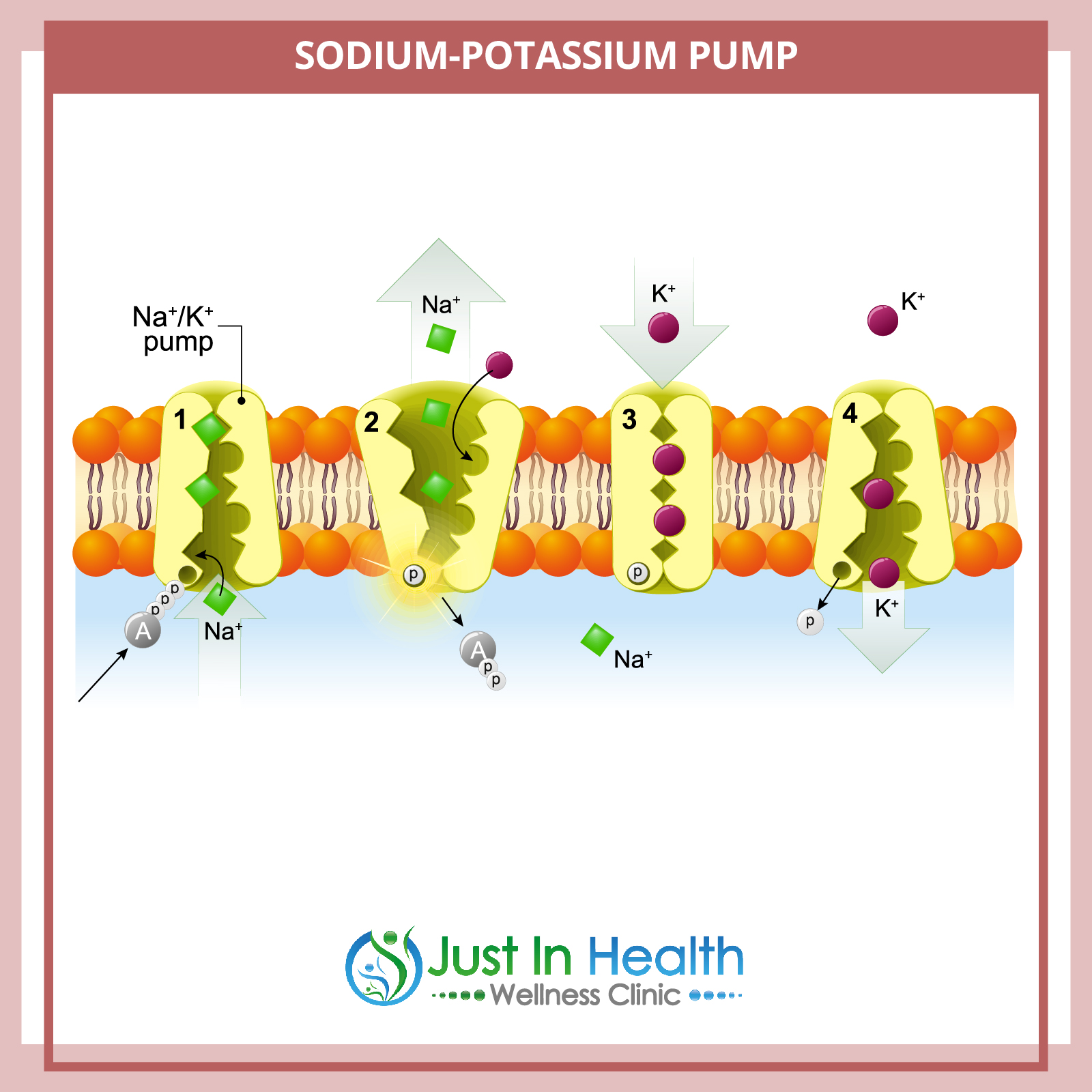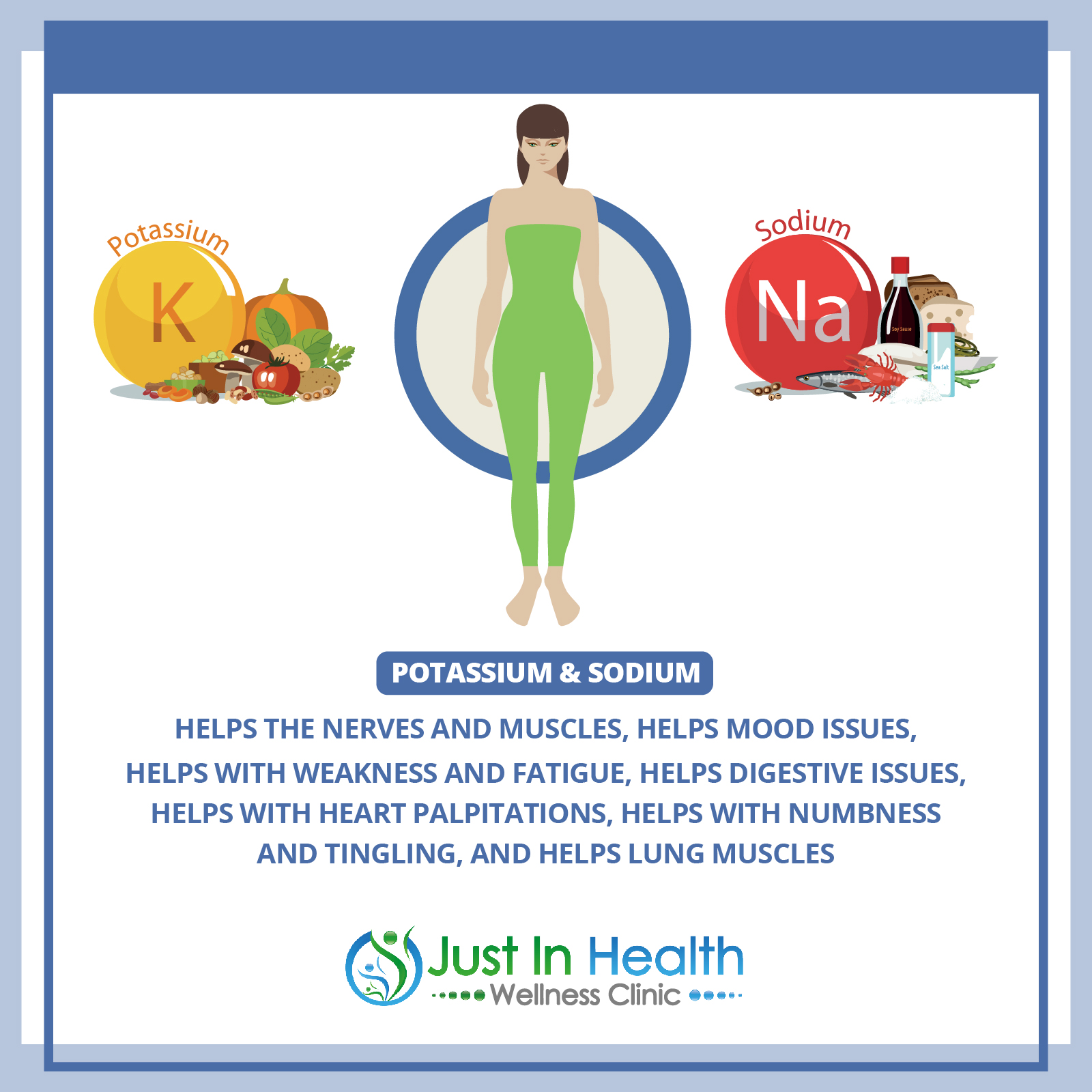

Potassium is an essential mineral that plays a critical role in many bodily functions, yet most people do not get enough of it. Research indicates that approximately 98% of Americans fail to meet the recommended daily intake. This issue extends beyond the United States, as many developed countries follow diets high in processed foods and low in potassium-rich whole foods like fruits, vegetables, beans, and nuts.

Potassium is a key component of the sodium-potassium pump, a cellular mechanism that moves sodium out of and potassium into cells. This process is essential for energy production, muscle contractions, nerve signaling, and maintaining fluid balance. The enzyme responsible for this function is ATPase, which helps generate ATP, the body's primary energy source.
A lack of potassium can lead to numerous health complications, some of which can be severe if left unaddressed.

Low potassium levels, or hypokalemia, can cause various symptoms, including:
Potassium is crucial for muscle and nerve function. When levels drop, the body struggles to maintain normal operations. Some of the most concerning dangers include:
The adrenal glands regulate potassium and sodium levels. When adrenal function declines, the hormone aldosterone decreases, leading to improper sodium and potassium balance. This can result in excessive mineral loss through urine, exacerbating potassium deficiency.
Potassium is essential for mitochondrial health, which is necessary for producing ATP. Without adequate potassium, cellular energy production is compromised, leading to chronic fatigue and overall weakness.
Potassium deficiency can slow bowel motility, causing constipation and poor digestion. Proper potassium levels are needed to maintain a healthy digestive system and regular elimination.
Potassium and magnesium are both necessary for proper heart function. Low potassium can lead to heart palpitations, irregular heartbeats, and even increased risk for heart disease.
Potassium imbalances can lead to muscle weakness, stiffness, and even severe breakdown (rhabdomyolysis). Nerve function is also impaired, causing sensations of tingling and numbness.
Potassium is essential for overall health, and a deficiency can lead to serious consequences. If you are experiencing symptoms of low potassium, consult a healthcare professional to assess your levels and determine the best course of action.
Ensuring a diet rich in potassium-packed foods like leafy greens, avocados, bananas, and beans can help prevent deficiency and support optimal health.
====================
Recommended Product